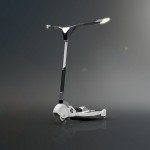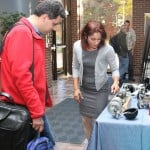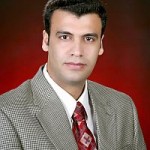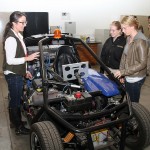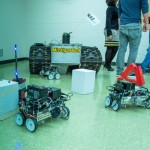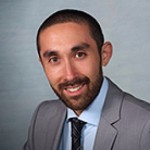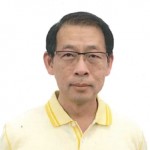 The ME-EM Graduate Seminar speaker on Thursday, October 16 at 4:00 in 103 EERC
The ME-EM Graduate Seminar speaker on Thursday, October 16 at 4:00 in 103 EERC
will be Dr. Chen-Fang Chang of GM Global Research & Development.
The title of his presentation will be ‘Automotive Powertrain Control: Opportunities and Challenges’.
Advanced powertrain systems are being introduced into passenger vehicles to meet regulatory and customer demands, simultaneously increasing fuel economy, reducing emissions and enhancing driveability. As the powertrain systems become more sophisticated, it will force a dramatic increase in control complexity and calibration effort. This presentation will detail the challenges facing automotive control community and the approaches a control engineer can take to confront these challenges. IC engine controls will be used to exemplify a whole engine controller development cycle. Future outlook will also be provided.
Dr. Chang is currently the Lab Group Manager of the Propulsion Control Systems Group at GM Global R&D. Since joining GM in 1994, he has worked on cylinder-pressure-based engine controls, diesel aftertreatment controls, HCCI engine controls, and, most recently, information-rich propulsion controls. Dr. Chang received his Ph.D. degree in Mechanical Engineering with minor in Electrical Engineering from Stanford University. He holds 43 US patents and has numerous technical publications. He is the recipient of 2013 ASME Rudolf Kalman Award and 2001 SAE Arch T. Coldwell Merit Award.

